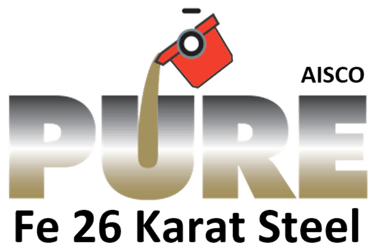“The Making, Shaping, and Treating of Steel”
o r e t o c o r e
Iron Ore to Molten Steel
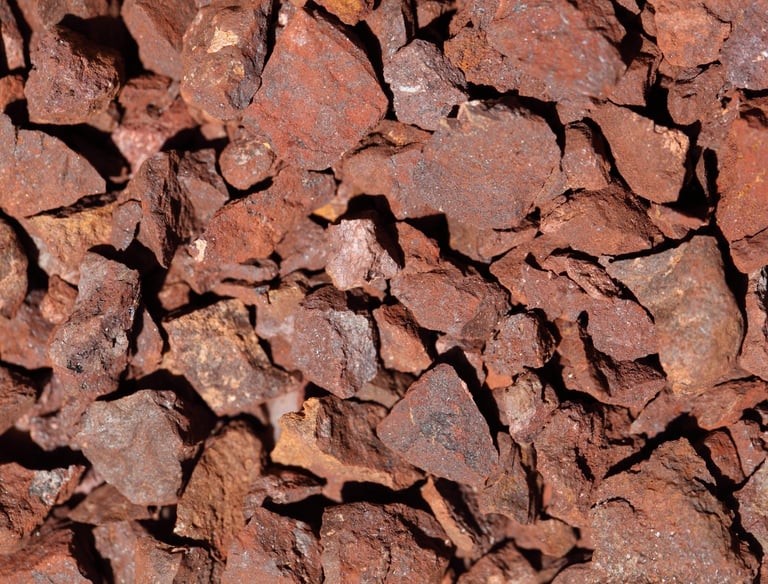

5. Cutting & Bundling
Standard Length: Rebars are supplied in standard 12-meter straight lengths.
Bundle Formation: Prepared either as straight-length bundles or U-shaped bundles, depending on dealer requirements or direct site delivery needs.
Securing: Each bundle is firmly tied with steel/binding wire and tagged with size, grade, weight, and manufacturer details.
Standard Count: Bundles are made as per fixed piece count and diameter-wise weight standards for uniformity and ease of handling.
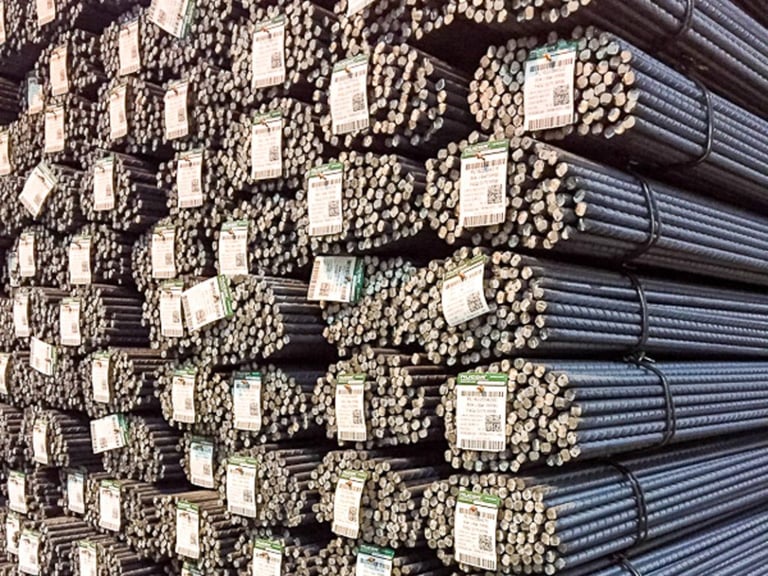

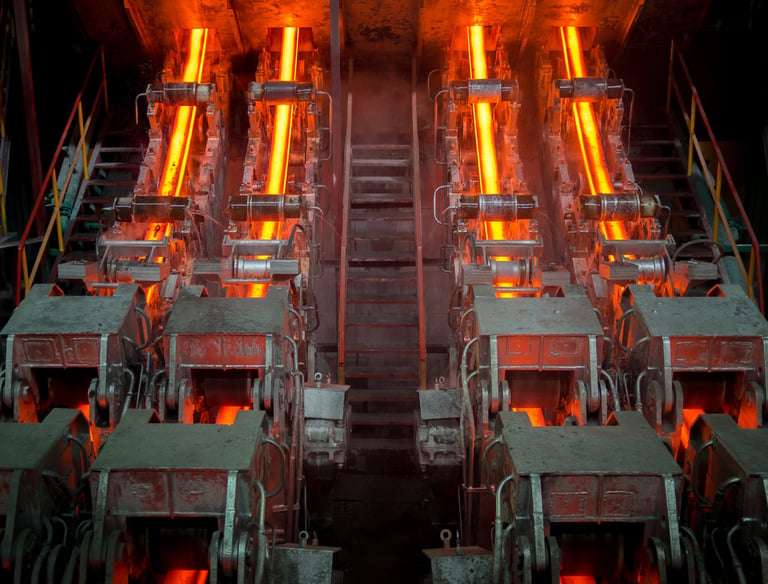

Rebar's Ferrite-Pearlite Core
3. Treating (TMT Process)
Quenching: Hot rolled rebars are rapidly cooled with water jets, forming a hardened surface.
Self-Tempering: Heat from the core reheats the outer martensite layer, tempering it to improve toughness.
Atmospheric Cooling: The core slowly cools in air, producing a ductile ferrite–pearlite structure inside.
Final Property: A tough outer surface with a ductile inner core, ensuring strength, ductility, and earthquake resistance.
2. Shaping
Continuous Casting (CCM): Refined molten steel is solidified through continuous casting into semi-finished billets or blooms.
Rolling: The billets are then passed through a series of rolling mill stands equipped with CNC rib-cutting rolls and automatic thickness-control systems, ensuring uniform rib geometry and precise sizing of the finished rebars.
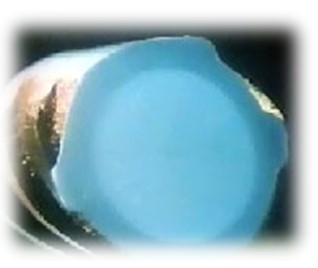

6. Dispatch
Loading: Bundles are loaded onto trucks or trailers.
Transport: Dispatched to dealers, distributors, or directly to construction sites.
Assurance: Timely delivery with proper documentation (invoice, test certificates, quality tags).
1. Making
Iron Ore, Coke, and Limestone → Blast Furnace → Molten Pig Iron & Slag → Pig Iron Casting
Enhanced through the Direct Reduced Iron (DRI) / Sponge Iron → Induction Furnace (IF) → Ladle Refining Furnace (LRF) route, where alloying elements are precisely added to achieve the desired grade, strength, and chemical composition of TMT rebars.
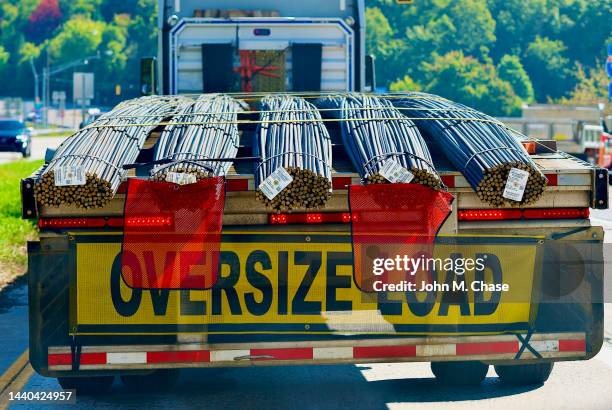

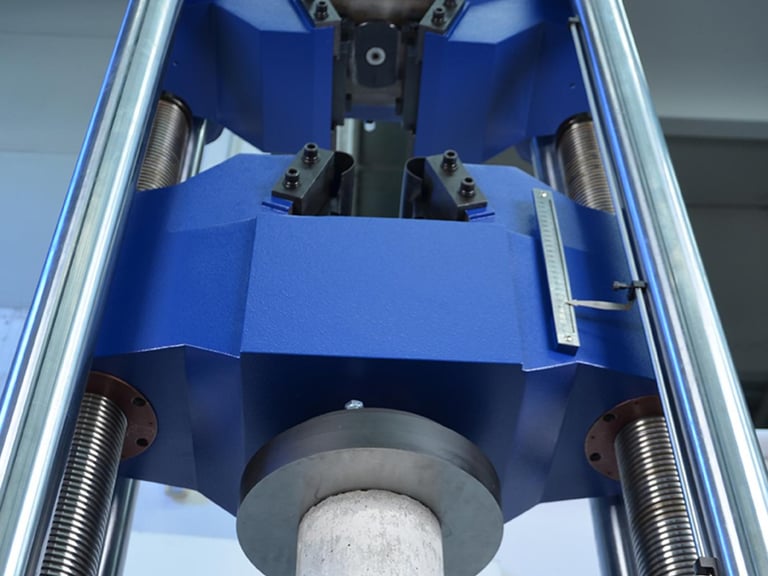

4. Testing of Rebar (NABL-Certified Laboratory)
Mechanical properties: Yield strength, UTS, elongation, bend/re-bend.
Bond strength: Rib pattern adherence.
Microstructure analysis for uniformity.
Chemical Testing: Conducted through spectrometer analysis to verify and confirm the chemical composition of steel.
Ensures compliance with IS 1786 / ASTM A615 or equivalent standards.
Molten steel to sems-Billets (for long products- rebar, wire rods)
Powered by Advanced Steelmaking:
Iron Ore, Coke & Limestone → Blast Furnace → Molten Pig Iron & Slag → Pig Iron Casting
Enhanced with DRI → IF → LRF → CCM → Rolling → QST Technology to Produce High-Strength Rebars
M A K I N G
From Ore to Core - The AISCO Way
At AISCO, every rebar begins its journey from iron ore to high-strength steel through a fully integrated, precision-controlled process. From the blast furnace to the finishing mill, each stage is guided by advanced technology, expertise, and sustainability-producing rebars that deliver strength, ductility, and reliability for every construction need.
🔷 MAKING
We start with iron making, converting ore into molten iron, and then proceed to steel making, crafting high-quality steel ready for shaping.
Iron Ore, Coke & Limestone → Blast Furnace → Molten Pig Iron & Slag → Pig Iron Casting
Enhanced Technology:
Direct Reduced Iron (DRI) / Sponge Iron → Induction Furnace (IF) → Ladle Refining Furnace (LRF)
Refinement & Alloying – Impurities are removed, and the steel is strengthened with controlled alloying.
Outcome:
Precise alloying ensures the desired grade, strength, and chemical composition of TMT rebars, delivering metallurgical purity and consistency.
🔷 SHAPING
Continuous Casting (CCM):
Refined molten steel is solidified into semi-finished billets or blooms, maintaining uniform internal structure and superior surface quality.
Rolling:
Billets are passed through a series of rolling mill stands equipped with CNC rib-cutting rolls and automatic thickness-control systems, delivering accurate sizing and uniform rib geometry for optimum bond strength with concrete.
🔷 TREATING
Quenching & Self-Tempering (QST):
Immediately after rolling, rebars are subjected to high-pressure water quenching, forming a tempered martensitic outer layer and a ferrite-pearlite inner core.
Result: From ore to core, every step is designed for durability, safety, and performance.
This controlled heat treatment imparts exceptional tensile strength, ductility, and bend–re-bend characteristics, ensuring AISCO rebars meet and exceed IS:1786, IS:16651, and IS:13920 seismic standards. Corrosion-resistant variants—AISCO CRS and AISCO SS—are also available in Fe 500 and Fe 550 grades.
T R E A T I N G
S H A P I N G
🔹 Testing & Quality Assurance
Mechanical Testing: Yield strength, UTS, elongation, bend/rebend tests
Chemical Analysis: C, Mn, Si, S, P control
Microstructure Examination: Uniform TMT profile
🔹 Bundling & Dispatch
Bars cut to 12 m length
Bundled and tagged with Heat No., Grade, Size, Brand
Dispatched for construction applications
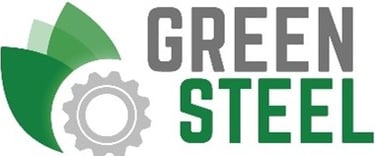

🌱 Green Steel Manufacturing AISCO Group emphasizes sustainable steel production by transforming iron ore into high-strength rebars through processes like quenching and self-tempering. This approach not only enhances the mechanical properties of steel but also contributes to environmental sustainability by reducing carbon emissions and energy consumption during manufacturing.
AISCO’s TMT Steel Rebars – including AISCO 500, AISCO 550, AISCO 500CRS, AISCO 550CRS, AISCO SS500, and AISCO SS550 – rank among India’s top 10 most advanced and durable reinforcement solutions. Designed for strength, ductility, corrosion resistance, and seismic safety, these rebars deliver reliable performance across diverse construction projects. They are a high-quality alternative to leading national brands such as Tata Tiscon, JSW Neosteel, Jindal Panther, SAIL SeQR, and RINL VIZAG TMT, offering dependability and long-term value for both infrastructure and residential developments.
Strong. Safe. Sustainable.
Build Strong. Build Smart. Build with AISCO.
Accreditations, Approvals & Certifications
Trusted accreditations and approvals ensure that AISCO products meet stringent national and international standards. Our comprehensive test reports and compliance systems are integral to maintaining high-quality benchmarks across every stage of production and operation.
By rigorously adhering to industry regulations, we consistently reinforce our credibility in the marketplace. Our certifications are more than formal recognitions—they validate our commitment to excellence, safety, and sustainability.
Our Key Accreditations & Certifications include:
IS:1786 Certification – High Strength Deformed Steel Bars for Concrete Reinforcement
BIS (Bureau of Indian Standards) License – Compliance with Indian quality standards
ISO 9001:2015 – Quality Management System
ISO 14001:2015 – Environmental Management System
ISO 45001:2018 – Occupational Health & Safety Management System
NABL Accreditation – Certified mechanical & chemical testing laboratories
Government & Institutional Approvals – Empanelment with leading infrastructure and public sector bodies
These achievements serve as a testament to AISCO’s proactive approach in upholding integrity, quality, and responsibility. They strengthen long-term trust with clients, stakeholders, and partners, enabling us to confidently navigate the complexities of the steel sector.
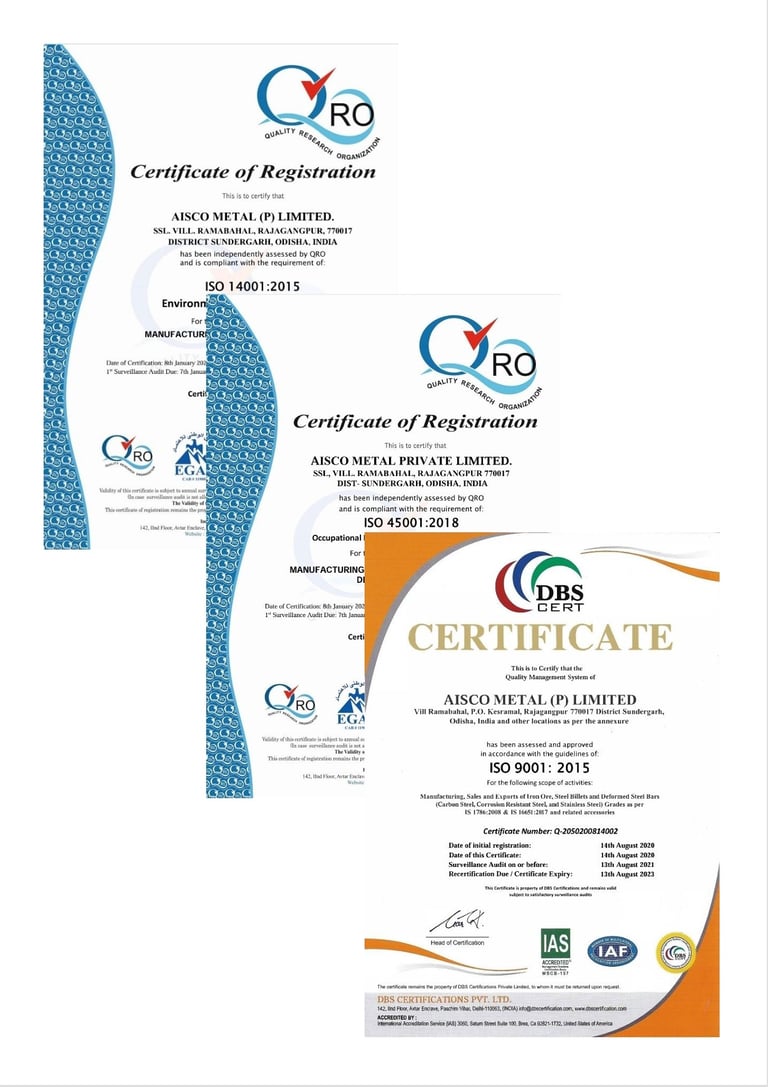

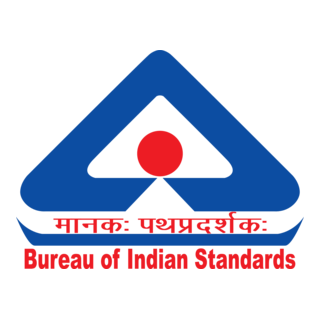

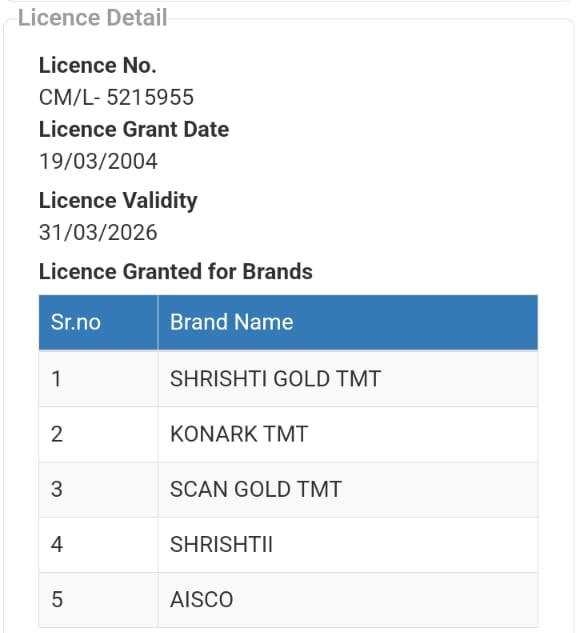

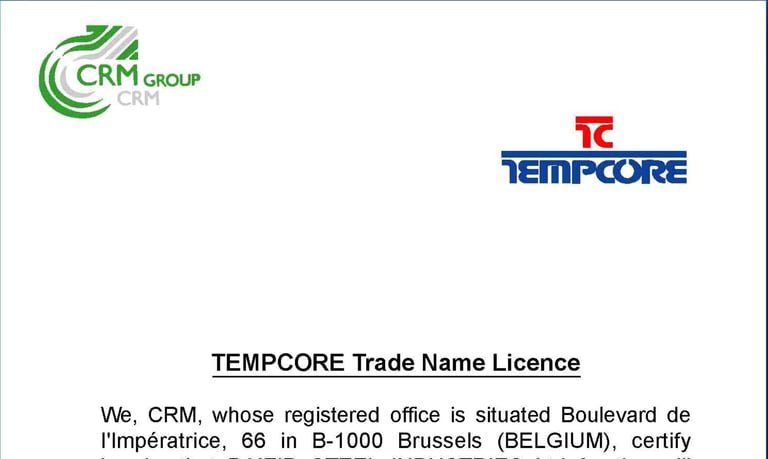

© 2024 AISCO Group. All Rights Reserved.
Ore to Core
Subscribe to our newsletter
